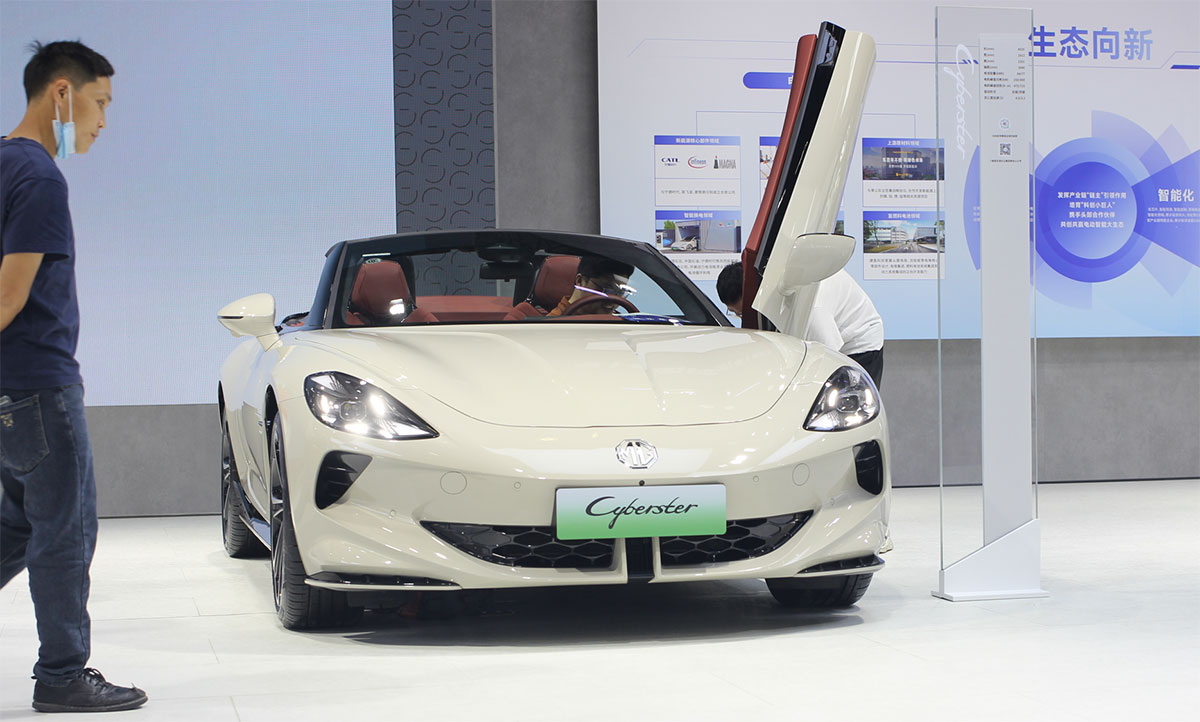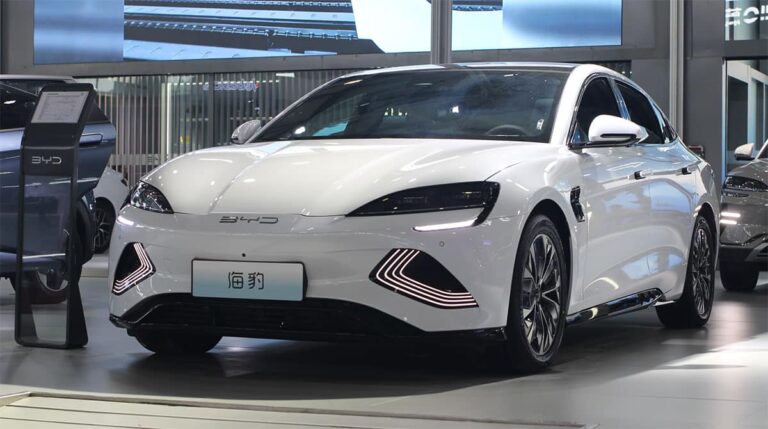Brussels and Beijing are close to reaching a solution on tariffs on Chinese EV imports into the EU, an EU official said.

An EU official has hinted that additional tariffs on Chinese electric vehicles (EVs), which came into effect about a month ago, could see a new twist.
Brussels and Beijing nearing a solution on tariffs on Chinese EV imports into the EU, Bernd Lange, the chair of the trade committee of the European Parliament, told German broadcaster n-tv, according to a Reuters report on November 23.
"We are close to an agreement: China could commit to offering e-cars in the EU at a minimum price," Lange said, without elaborating.
"This would eliminate the distortion of competition through unfair subsidies, which is why the tariffs were originally introduced."
The European Commission was not immediately available for comment, the Reuters report noted.
The EU's anti-subsidy investigation into battery electric vehicle (BEV) imports from China ended on October 29, and a five-year policy of additional tariffs came into effect the next day.
Different car companies face different tariff rates, ranging from 7.8 percent for Tesla China to 35.3 percent for SAIC Motor. These tariffs are additional to the original 10 percent.
Meanwhile, the EU and China continue to work on alternative, WTO-compliant solutions to effectively address the issues identified by the investigation, an October 29 statement by the European Commission said.
Following the announcement of the EU's decision, China launched countermeasures, including the filing of a WTO complaint.
Similar to the European Commission's statement, China also mentioned that negotiations between the two sides are continuing.
On October 27, Chinese state television CCTV's social media account, Yuyuan Tantian, posted an article saying that after in-depth discussions on the specifics of the price commitment plan for China-made EVs, the two sides had reached “technical consensus” in the negotiations.
The consensus on the price commitment framework means that the two sides have reached a a certain consensus on the overall framework of the current round of negotiations, indicating that both sides are willing to focus their resources on negotiating their core interests and working toward the same goal, Yuyuan Tantian's article reads.
